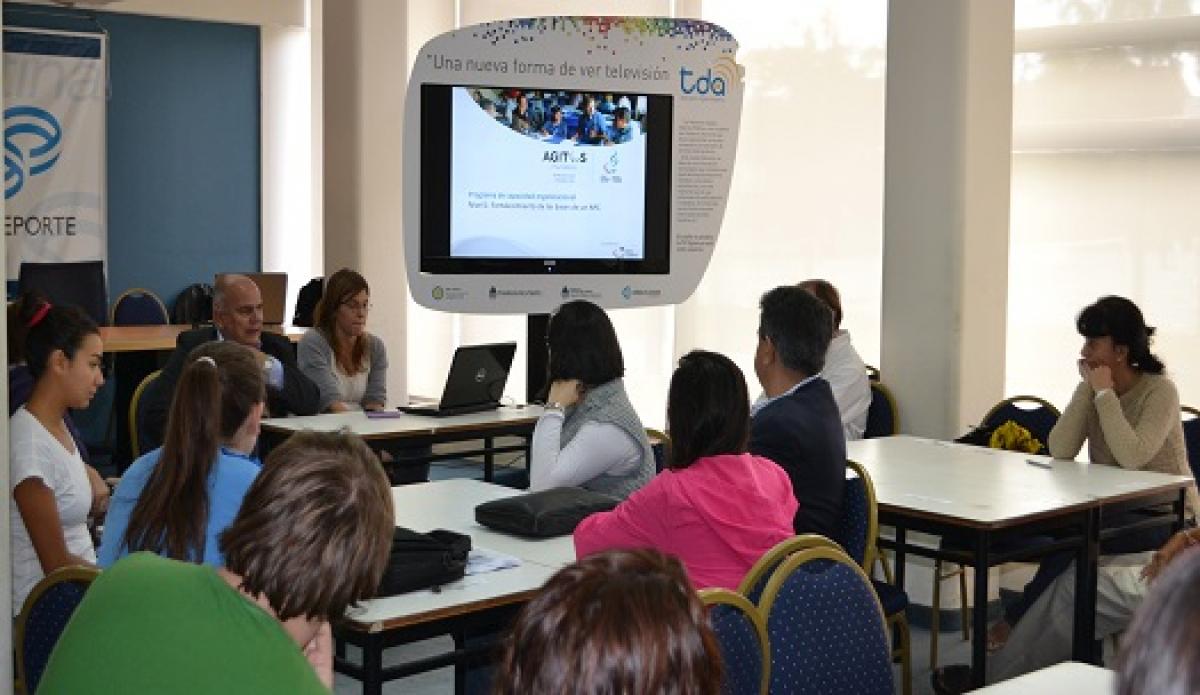No. 17: Agitos Foundation launched
Since 1960, when the first Paralympic Games were held in Rome, Italy, it has become increasingly clear that para-sport has the power to change perceptions and help individuals with impairments to recognise their potential. 06 Sep 2014
Participants engaged with the Paralympic Movement – Argentina Workshop
Launched at the London 2012 Paralympic Games, in its first years the Agitos Foundation has given millions of Euros to projects, National Paralympic Committees (NPCs) and International Federations (IFs) to develop sport opportunities for people with impairments
More than one billion people, nearly 15 per cent of the world’s population, have an impairment and this number is increasing due to conflicts, chronic diseases, insufficient medical services and age.
It is the development arm of the International Paralympic Committee (IPC), the Agitos Foundation, that aims to develop sport opportunities for people with impairments and bridge the gap between social divides.
Launched at the London 2012 Paralympic Games, in its first years the Agitos Foundation has given millions of Euros to projects, National Paralympic Committees (NPCs) and International Federations (IFs) to do exactly that.
From the Grant Support Programme which invites funding applications from the IPC Membership to WoMentoring, which aims to increase female leadership in para-sport, the Agitos Foundation was created to help the IPC fulfil its development and education goals.
It also acts as a catalyst to support the implementation of the United Nations’ Convention on the Rights of Persons with Disabilities, empowering and influencing governments around the world to work towards equal rights.
Alongside a series of new and existing partners and fundraisers, the Agitos Foundation works in four key areas - sports development, advocacy and inclusion, awareness and education and knowledge and research.
Through NPCs, IFs and organisers of national, international and regional Championships, projects ranging from promoting para-sport to the media and public to youth leadership camps have been successfully rolled-out.
Examples include Toronto 2015 Parapan American Games’ legacy aim of developing para-sport in the Americas and Iran’s National Paralympic Day, as well as providing funding for a sports hall in earthquake-hit Haiti and training powerlifting referees.
As the IPC celebrates its 25th year, it has in its young brainchild an incredible vehicle for true and lasting social change.




